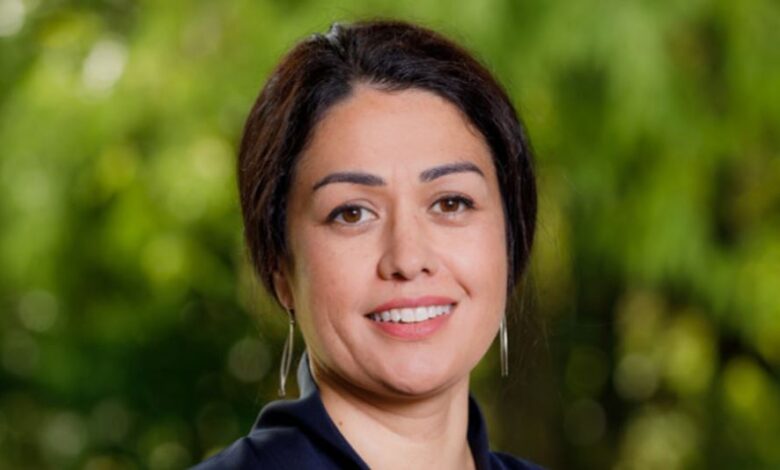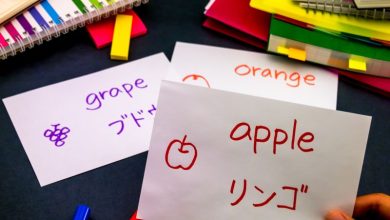
The first of a series of reports published by a new national entity amplifies Māori learners’ voices and highights factors that enable success in vocational learning.
“This report, the first of a series, tells us in the voices of learners what the opportunities are to ensure success for Māori. These reports will directly influence how the vocational learning sector will work alongside all, but particularly Māori, learners in the future,” said Deputy Chief Executive Learner Journey and Experience Tania Winslade.
Te Rito – Insights from learners, has been published by Te Pūkenga – a new national entity established by the Government to unite polytechnics and industry training organisations around the country into a national network. It aims to be easily accessible to learners while meeting the needs of employers.
“Learners have told us that having their voice heard as a learner, is exciting and they are optimistic about Te Pūkenga and the opportunity apprentices will also have to a have a student voice,” says Winslade.
“We are particularly committed to meeting the needs of all learners especially those who haven’t previously been served well: Māori, Pacific and disabled learners.
“We have a once-in-a-generation opportunity to build a vocational learning system that is simple to navigate, responds to the needs of a diverse range of learners and employers and is flexible enough to change as the future develops,” Winslade said.
“This Te Rito report gives voice to our Māori learners who have told us they want te ao Māori perspectives and mātauranga recognised. We heard the importance of early and whānau-centred support, relationships with staff and employers centred on whānau and manaaki centric principles. They shared their diverse motivations and measures of success. All learners have told us that the pathway into learning was an anxious time, but that early guidance, easy enrolment and meaningful early connections helped them build confidence.”
“Collectively, we have a unique opportunity to rebalance the scales and ensure more equitable outcomes are achieved in the vocational education sector for Māori learners, employers, whānau, iwi, hapū and communities. Understanding how we enable success for Māori, as defined by them, is key to making it a reality,” says Winslade.
“Māori learners within our subsidiary network and across industry training make up nearly a quarter of all learners. We’re also seeing the number of Māori apprenticeships have more than doubled in the past ten years. For all learners to be at the centre of how we deliver vocational learning in the future, Māori learners need to be part of the conversation from the beginning.”
A copy of Te Rito can be downloaded from Te Pūkenga website here.









